CHS Annual Report 2019
Over 2 Million People Reached By CHS In 2019
CHS provided a range of health services including HIV and TB prevention, treatment and care services to over 2 Million people between October 2018 and September 2019.
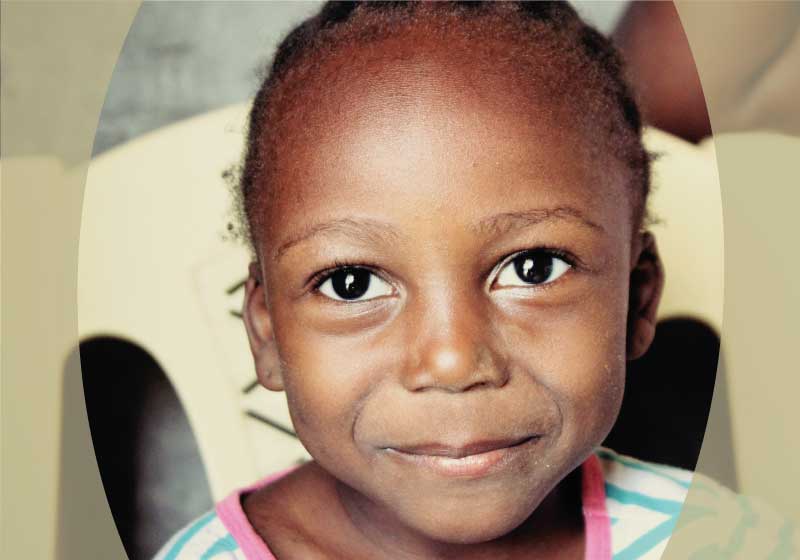
Corporate Highlights
CHS, Kenya’s Leading NGO in the Fight Against HIV and AIDS
CHS was named Kenya’s leading NGO in the fight against HIV/AIDS and among leading NGO sector players by the Kenya’s Nongovernmental Organisation (NGO) Coordination Board.
CHS Launches an Adolescent Adherence Mobile Application - Heroes App
With a commitment to improving treatment out- comes among adolescents living with HIV, CHS created and successfully launched a virtual plat- form dubbed the “Heroes App”.
Kenya Launches the National Strategic Plan (NSP) for Tuberculosis, Leprosy and Lung Health 2019-2023
CHS supported the National tubercu-losis leprosy and lung disease program (NTLD-P) in developing and launching Kenya’s National Strategic Plan (NSP) for Tuberculosis, Leprosy and Lung Health 2019-2023.
Focus Area: HIV/AIDS
Strengthening Health Systems for the Provision of HIV Testing and Prevention Services
CHS supports the country’s efforts to improve the health and wellbeing of its citizens by increasing the number aware of their HIV status, ensuring: those who test positive are linked to care and those that test negative have access to information that ultimately helps them make informed decisions about HIV prevention options.
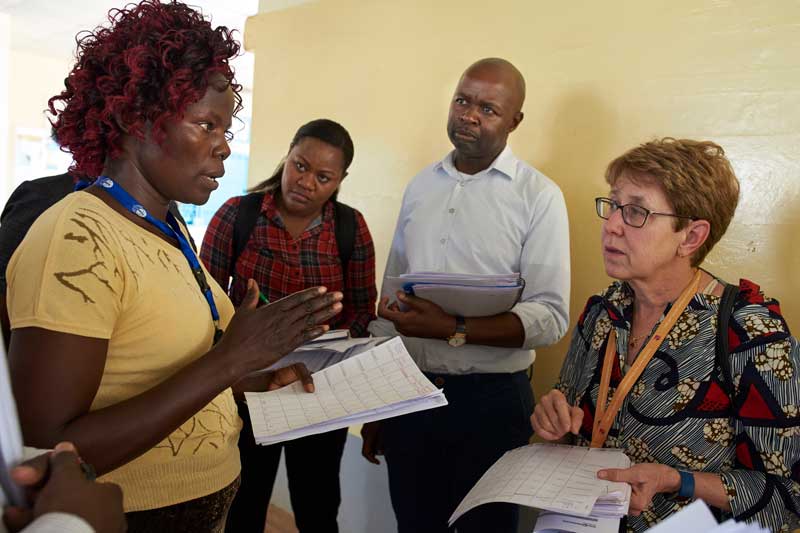
During this reporting period, 20,583 people were found to be HIV positive and 20,521 were started on treatment
Eliminating Mother to Child Transmission of HIV: Saving Future Generations
Nationally, progress towards the elimination of mother to child transmission of HIV has been noted with the Prevention of Mother to Child Transmission (PMTCT) coverage in- creasing from 23% in 2015 to 76% in 2017 and the EMTCT rate declining from 29.7% to 11.5% during the same period.

Integrated HIV Prevention and Treatment Services for Key Populations
The World Health Organisation describes Key Populations (KP) as those that are more vulnerable and most-at-risk of HIV infection owing to either their lifestyle, profession or physiology. These include: men who have sex with men, sex workers, injecting drug users and transgender persons. Globally, key populations make up a small proportion of the general population, but they are at an extremely high risk of HIV infection.


Sexual and Gender Based Violence Care
During this reporting period CHS supported 27,802 victims of SGBV through; health care worker mentorship to ensure proper documentation and care for victims, awareness cre- ation and enhanced community based protection systems to improve GBV response and protection of victims; development of a one stop centre in Siaya County Referral Hospital whereby victims of sexual violence receive all services including, counselling, clinical assessment and legal assistance.
Staying the Course of HIV Treatment: Undetectable = Untransmittable
People living with HIV receiving effective antiretroviral treatment cannot transmit HIV sexually. Sustained antiretroviral therapy reduces the amount of HIV in the (viral load) to levels that are undetectable by a standard laboratory test, scientifically for as long as these levels are Undetectable then the virus is Untransmittable sexually.

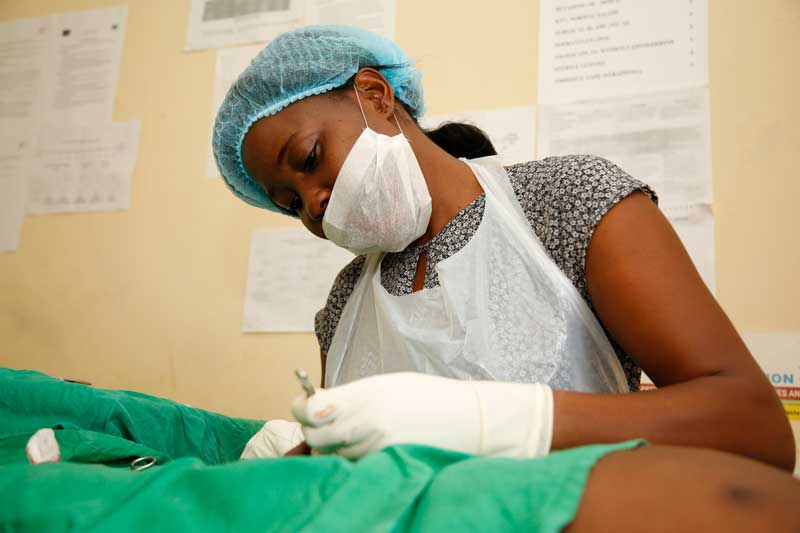
Voluntary Medical Male Circumcision for HIV Prevention
Among the target population in Siaya County where CHS supports provision of VMMC ser- vices across all of Siaya’s six sub counties, the VMMC team successfully provided VMMC services to 47,754 men. Increased retention in care and encourage sustained adherence to ART thereby improving sustained viral suppression.
Focus Area: Tuberculosis
Promoting Access to High Quality Patient-Centred TB Services
In efforts to reduce the incidence and TB related morbidity and mortality in Kenya, CHS continued supporting the Ministry of Health’s National Tuberculosis, Leprosy and Lung Disease Program (NTLD-Program), through the United States Agency for International Development (USAID) funded Tuberculosis Accelerated Response and Care II activity (TB ARC II)

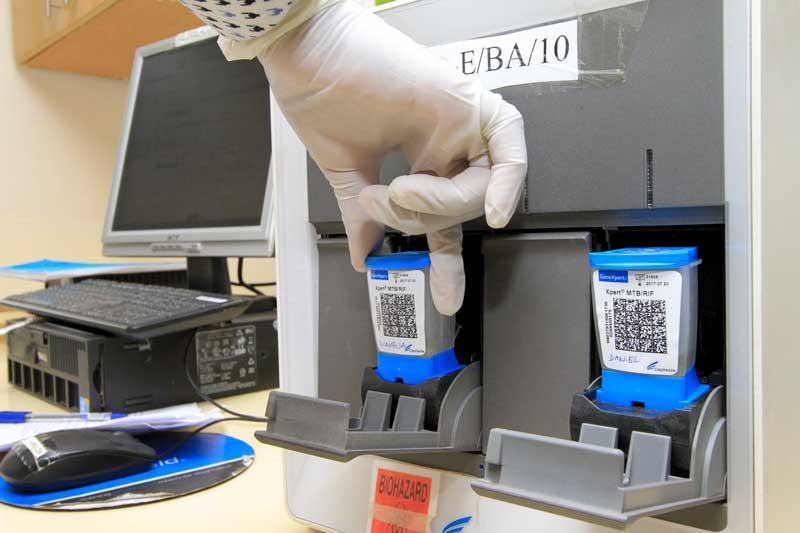
Using Technology to Find Tuberculosis
Nationally, progress towards the elimination of mother to child transmission of HIV has been noted with the Prevention of Mother to Child Transmission (PMTCT) coverage in- creasing from 23% in 2015 to 76% in 2017 and the EMTCT rate declining from 29.7% to 11.5% during the same period.
Increasing TB Awareness and Demand for TB Screening Services
CHS worked in partnership with its sub awardee, PS Kenya to increase TB awareness and demand for screening services through information sharing campaigns highlighting the six major symptoms of TB and a call to action ‘Pimwa TB, Tibiwa, Ishi Poa’ (Get screened for TB, get treated, and live well)


Laboratory Services
CHS has in place systems to ensure that laboratories within the network of supported facilities provide timely, quality assured, reliable and safe services. This is done through proficiency testing for services providers, trainings on biosafety and biosecurity, distribu- tion of test kits, as well as mentorship of county health workers.
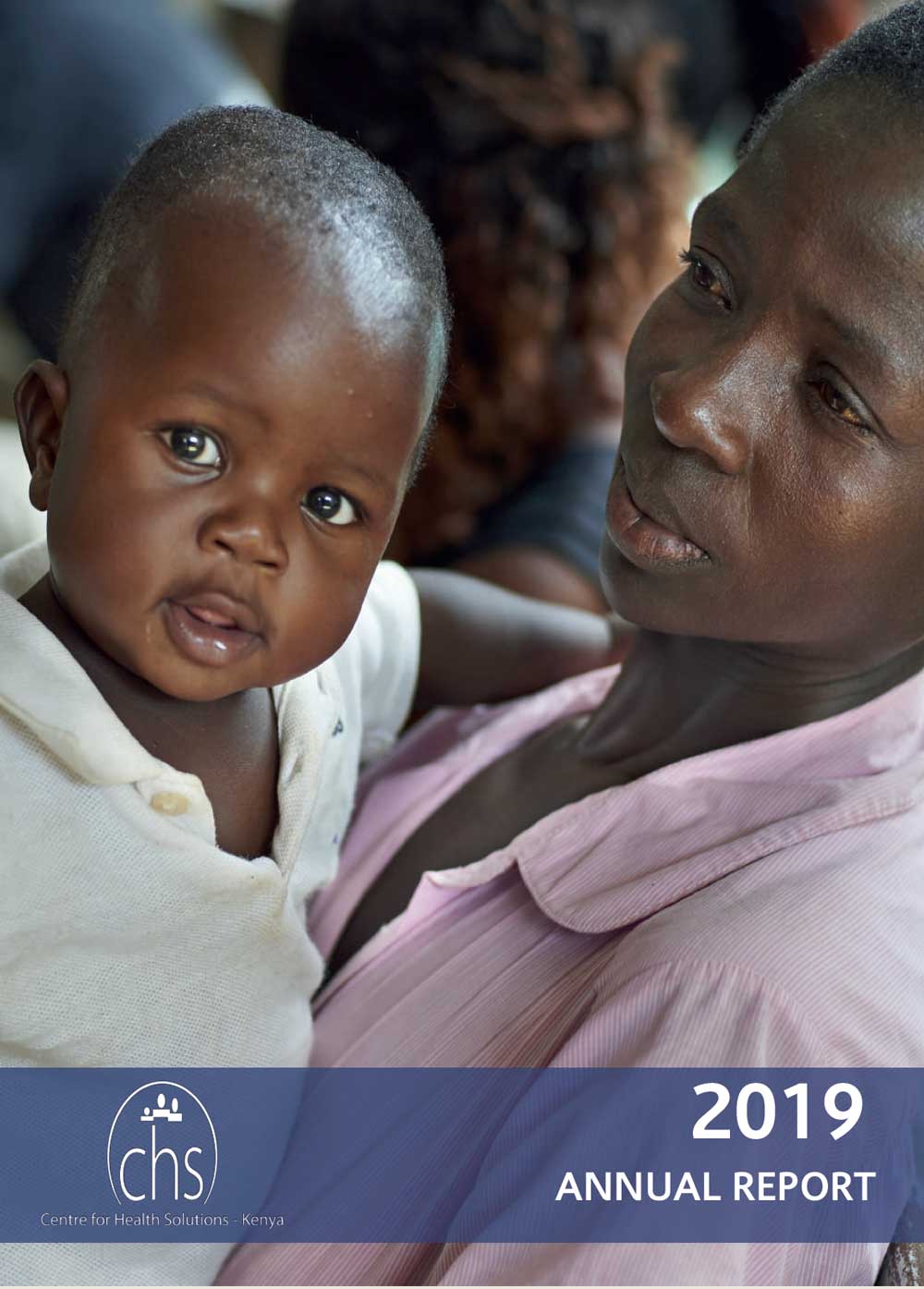
CHS 2019 Annual Report
Read and download the entire report by clicking the button below.

